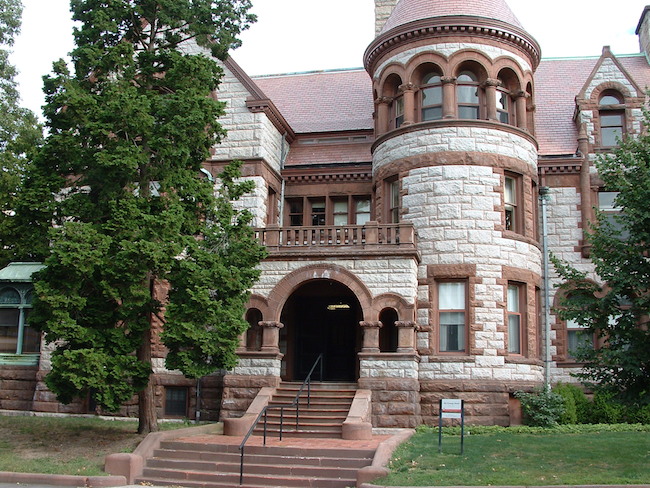Brown University’s Board of Fellows today (May 23) paved the way to award an Executive MBA degree to graduates of its joint program with IE Business School in Madrid, Spain. Until now, the two schools have worked cooperatively on a novel EMBA program for which graduates received their degree only from IE at a cost that is now $105,000 for the class that will enter next March.
It is the first time the Ivy League school will officially grant an advanced degree in business. Until now, the only two holdouts in graduate business education have been Brown and Princeton University. All the other original Ivies — Harvard, Dartmouth, Penn, Columbia, Cornell, and Yale — have well-established MBA experiences that are among the most highly selective programs in the world. In 1900, Dartmouth College was the first to found a graduate school of management. The last time an Ivy first welcomed a class of business students on campus was when Yale University’s School of Management opened its doors in 1976 to award what it then called a Master’s in Public & Private Management.
CONTRARY TO NEWS REPORTS, BROWN ISN’T GETTING INTO THE MBA BUSINESS AND HIRING FACULTY
The Brown board acted on a recommendation of the school’s faculty calling for Brown’s School of Professional Studies and the IE Business School to establish a joint degree program leading to an Executive MBA. Contrary to some news reports that Brown is entering the MBA space, the vote by the board simply allows the school to confer a degree in a program that has been in existence since the spring of 2011. Previously, Brown gave graduates a certificate of completion, while IE handed out actual degrees. No plans were approved to either create a business school faculty at Brown or a business school building.
Though the program has drawn only a limited number of students — the latest entering class in March totals only 21 participants — Brown says it receives almost $400,000 annually as its share of the profits from the program. The university hopes that by granting an actual Brown degree to graduates, it will increase the appeal of the program to participants — and the profits to Brown from it. “Scaling will mean additional financial resources for Brown,” according to a faculty memo to the board. “Leaders at IE and Brown recognize the appeal of and value that students place on their Brown affiliation, and they acknowledge that the program will scale as a joint-degree program as students are seeking a stronger Brown identity.”
To date, the school has enrolled three cohorts with a total of 79 students, while 18 Brown faculty have taught in the program. The school says the graduation rate in the program is 94%.
PROGRAM PROVIDES ROUGHLY ‘375 FACULTY-STUDENT CONTACT HOURS’
The 15-month blended learning program combines online modules with five face-to-face sessions taught at IE’s campus in Madrid and Brown’s campus in Providence, RI. The program is designed for senior managers with more than 10 years of experience who want to develop their entrepreneurial mindset and gain a deeper and much richer understanding of the global business environment. The latest entering class of 21 students came to campus in March from 12 different countries with an average of 14 years of professional experience each. The average age of the latest class is 37.
The first students graduated from the program in 2012 with a degree from IE Business School only. The core module from IE uses real-life case studies to examine the latest management tools and insights. The Liberal Arts and Critical Studies module from Brown draws on disciplines such as history, philosophy, legal studies, and psychology to uncover the underpinnings of society — from the dialogue between religion and secularization to capitalism and its hidden economies.
According to the memo sent to the board, the total number of sessions in the program required for the degree exceeds 250, “corresponding to 375 faculty-student contact hours required of other Brown professional Masters degrees (40 contact hours per credit x eight required courses).” A face-to-face session in the program is delivered in 1.5 contact hours. When a session is delivered in an online format, it it delivered over four days of asynchronous discussion. “In terms of interactive content and faculty and student time commitment each online session is at least equivalent to a face-to-face session,” the memo says.
Brown’s School of Professional Studies also has an executive master’s in health care.
DON’T MISS: MORE EINSTEIN & TOLSTOY THAN WELCH & GATES






Questions about this article? Email us or leave a comment below.